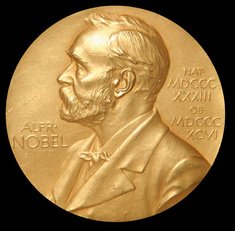Featured Quizzes
User Quizzes
Create Quiz
Data and Charts
Badges and Games
About JetPunk
JetPunk Shop
Dark Mode

Name The Nobel Prize Winner [Chemistry]
Type in the last name of the relevant Nobel Prize winner per the descriptions/hints. For practicality, not all 194 laureates are included in this quiz. Let's give these chemists some appreciation, and have fun while we're at it :)
Rate:
Last updated: February 19, 2024
You have not attempted this quiz yet.
More quiz info >>
| First submitted | February 19, 2024 |
| Times taken | 5 |
| Average score | 40.0% | Report this quiz | Report |
15:00
Enter answer here
0
/ 20 guessed
Time Used
00:00
Best Time
00:00
The quiz is paused. You have remaining.
Scoring
You scored / = %
This beats or equals
% of test takers
also scored 100%
The average score is
Your high score is
Your fastest time is
Keep scrolling down for answers and more stats ...
|
Comments
No comments yet
New and Popular
Save Your Progress
Copyright H Brothers Inc, 2008–2024
Contact Us | Go To Top | View Mobile Site
